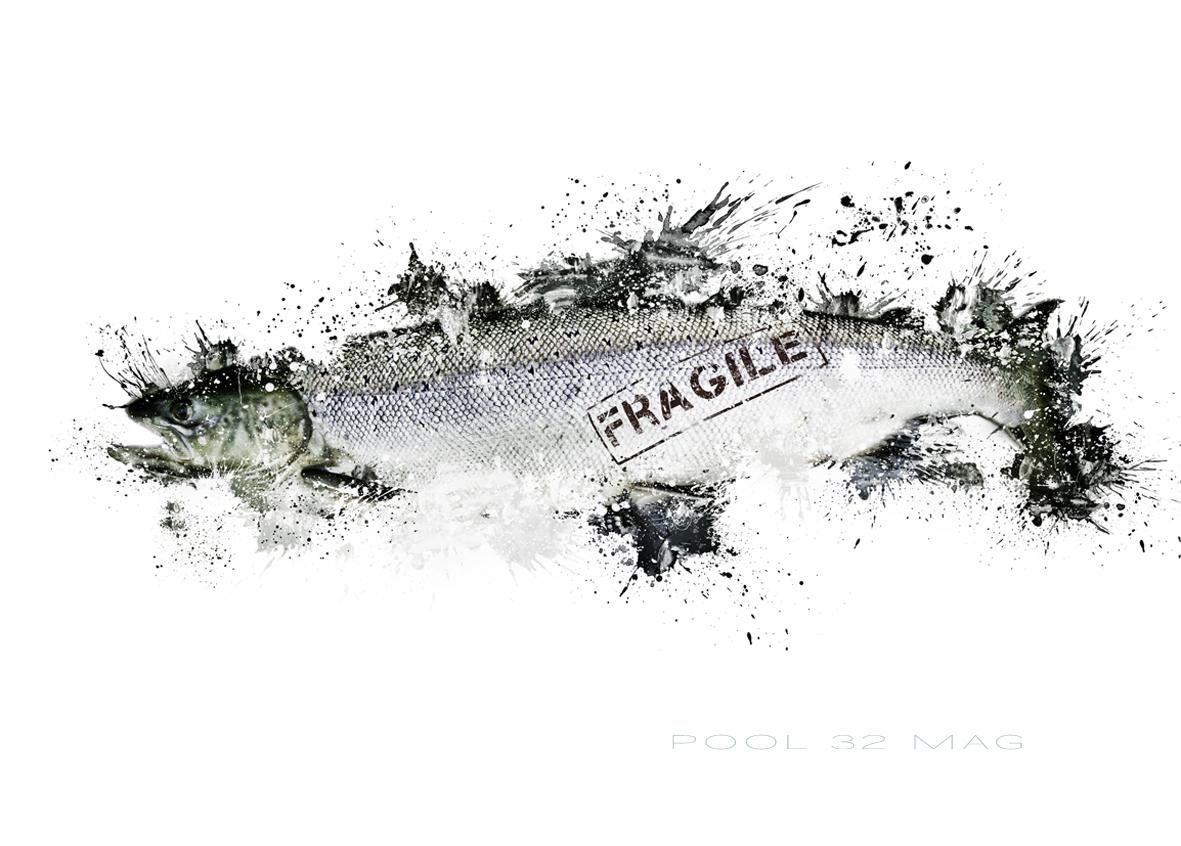Atlantic Salmon Trust chief says action is needed to clean-up fish farms and curb coastal netting
Wild salmon could disappear from many Scottish rivers within the next 30 years unless action is taken to clean up fish farming and curb coastal netting, the head of a leading conservation body was warned.
Tony Andrews, chief executive of the Atlantic Salmon Trust, whose patron is the Prince of Wales, said it was unlikely that future generations would be able to fish for wild salmon or sea trout in Scotland unless steps were taken to protect wild stocks.
There are concerns that genetically pure populations of wild salmon, which have survived since the Ice Age, are in danger of extinction.
Mixed stock fisheries, which allow for indiscriminate netting in coastal waters, have also been blamed for their decline.
Concerns have been raised that attempts by ministers to secure protected food name status for Scottish wild salmon from the EU could inflate wild salmon prices and encourage netsmen to maximise catches.
Andrews said it was not too late to reverse the damage and urged ministers to drive forward a “blueprint for the survival of Scottish salmon” to protect the country’s £120m salmon angling industry which supports more than 2,500 jobs.
His comments are believed to have the support of Prince Charles and the Duke of Westminster, the trust’s president.
In some Scottish rivers, according to Andrews, wild salmon are “at best holding the line” while in many others, such as the Balgy in Wester Ross, “we are seeing a continuing decline in the number of returning fish”.
“If we continue with the current poor levels of management of aquaculture and mixed stocks exploitation, it is unlikely that our grandchildren will be able to fish for wild salmon or sea trout in Scotland,” said Andrews.
“We are not fulfilling basic conservation measures to manage this incredibly important resource to Scotland and I don’t think politicians have grasped this. We have to find a way of working alongside the aquaculture industry to manage diseases and parasites.”
The Scottish government has been criticised for failing to clamp down on the fish-farming industry which allows one louse for every two fish. This figure has been described as too high to prevent a devastating impact on young migrating wild fish.
Wild fish are also vulnerable to infectious salmon anaemia, which was first detected in Scottish farm sites in 1998.
The practice of rearing salmon smolts in open pens within migratory fish systems in Scotland is also causing concern.
It is banned in Norway to prevent escaped farmed fish mating with their wild counterparts and diluting the gene pool.
Millions of smolts are reared in Scottish lochs such as the Ness, Arkaig and Lochy, where nearly 10,000 farmed fish escaped earlier this year.
Credit of source TimesOnline April 18, 2010 - Link: http://www.timesonline.co.uk/tol/news/uk/scotland/article7100990.ece








No comments:
Post a Comment